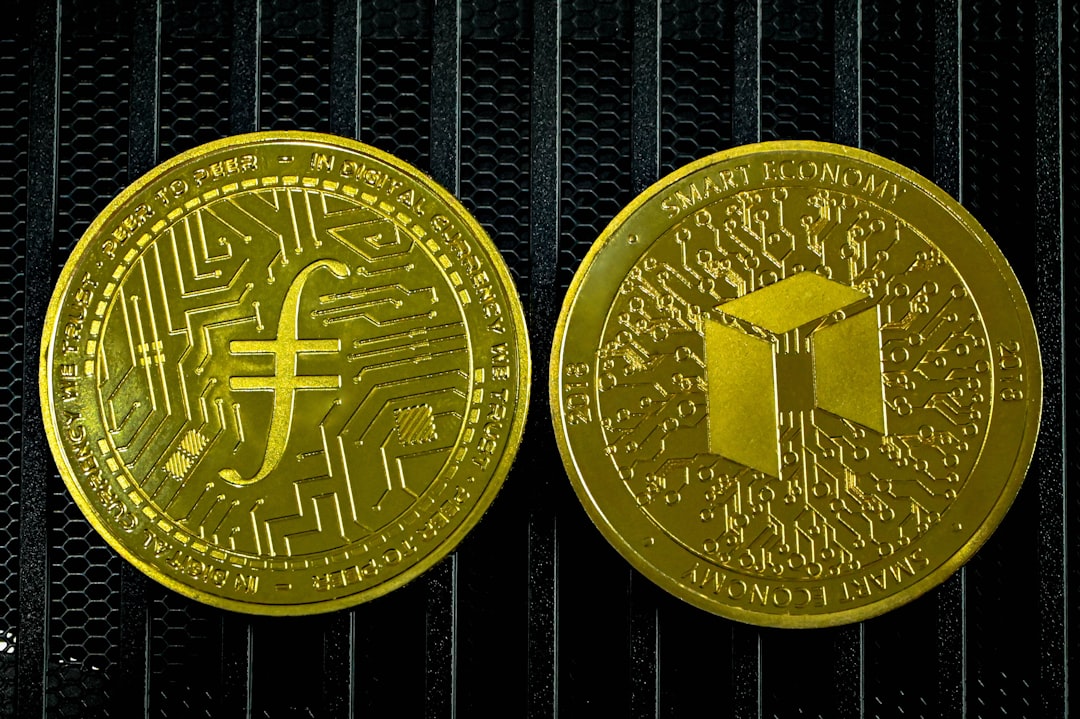What is a CBDC (And Why It's Not Your Friend)?
In simple terms, a Central Bank Digital Currency is a digital version of a country's fiat currency (like the dollar or euro) issued directly by the central bank. Instead of holding physical cash in your wallet or commercial bank deposits, you would hold digital currency in a state-provided or state-controlled digital wallet.
This sounds like a minor technical shift, but the implications are monumental. Unlike your current bank account, where a commercial bank acts as an intermediary, a CBDC creates a direct financial link between you and the central government. This eliminates financial privacy and hands the keys to your entire financial life over to the state.
The State's Playbook: Programmable Money and Absolute Control
The true danger of CBDCs lies in their programmability. Because the state issues and controls the currency itself, it can write rules directly into your money. This isn't science fiction; it's the stated goal of many proponents.
Total Surveillance: With a CBDC, the government would have a real-time ledger of every single transaction you make. They would know what you buy, when you buy it, where you buy it, and how much you earn. Anonymity, the last bastion of which is physical cash, would be completely eradicated.
Programmable Restrictions: Governments could program your money with expiry dates to force spending and "stimulate" the economy. They could block you from purchasing certain goods or services they deem undesirable, from flights to high-sugar foods. They could even impose automated surcharges for what they consider "bad consumption behavior."
Automated Taxation: For the digital nomad community, this is a nightmare scenario. Imagine taxes being automatically deducted from every transaction or income deposit, with no room for legal structuring or planning. The state could change the rules on a whim, and the tax would be unavoidable.
Freezing and Seizing Funds: If a government disagrees with your actions, words, or lifestyle, they could simply freeze or even erase your funds with the click of a button. There would be no intermediary bank to argue with and no due process.
The Great Deception: Why CBDCs Are the Opposite of Cryptocurrency
Central banks often frame CBDCs as a safe, regulated alternative to "volatile" cryptocurrencies like Bitcoin. This is a deliberate and dangerous misrepresentation. They are fundamentally opposite in every way that matters to a free individual.
Feature | Cryptocurrency (e.g., Bitcoin) | Central Bank Digital Currency (CBDC) |
|---|---|---|
Control | Decentralized (No single entity in charge) | Centralized (Controlled by the government/central bank) |
Privacy | Pseudonymous (Transactions are public but not tied to real-world identity) | No Privacy (Tied directly to your government identity) |
Censorship | Censorship-resistant | Censorship-by-design |
Supply | Fixed and predictable (e.g., 21 million Bitcoin) | Unlimited and subject to political whims (inflation) |
Permission | Permissionless (Anyone can use it) | Permissioned (You need state approval to use it) |
Cryptocurrencies were created to escape government control and currency debasement. CBDCs are being created to perfect it.
The Global Rollout: A Clear and Present Danger
This isn't a distant threat. Over 100 countries are exploring CBDCs. A few key examples show the direction this is heading:
China (e-CNY): This is the blueprint for authoritarian control. The digital yuan is already being tested and used for everything from business loans to retail payments. It's integrated into a system of total population control and aims to challenge the US dollar's dominance, particularly through the Belt and Road Initiative. This is the worst-case scenario for civil liberties made real.
The European Union (Digital Euro): The European Central Bank (ECB) is aggressively pushing forward, framing the Digital Euro as the "only solution to ensure the continuity of the current monetary system." While they pay lip service to privacy and claim it won't replace cash, the reality is that once systems are in place, non-acceptance of cash by vendors and institutions achieves the same outcome: a controlled, cashless society.
Failed Attempts (Ecuador, Japan): It's not all doom and gloom. Ecuador's "Dinero Electrónico" failed due to a lack of public trust and adoption. Japan scrapped its plans due to a lack of popular interest. This proves that public resistance and a preference for real freedom can stop these projects in their tracks.































